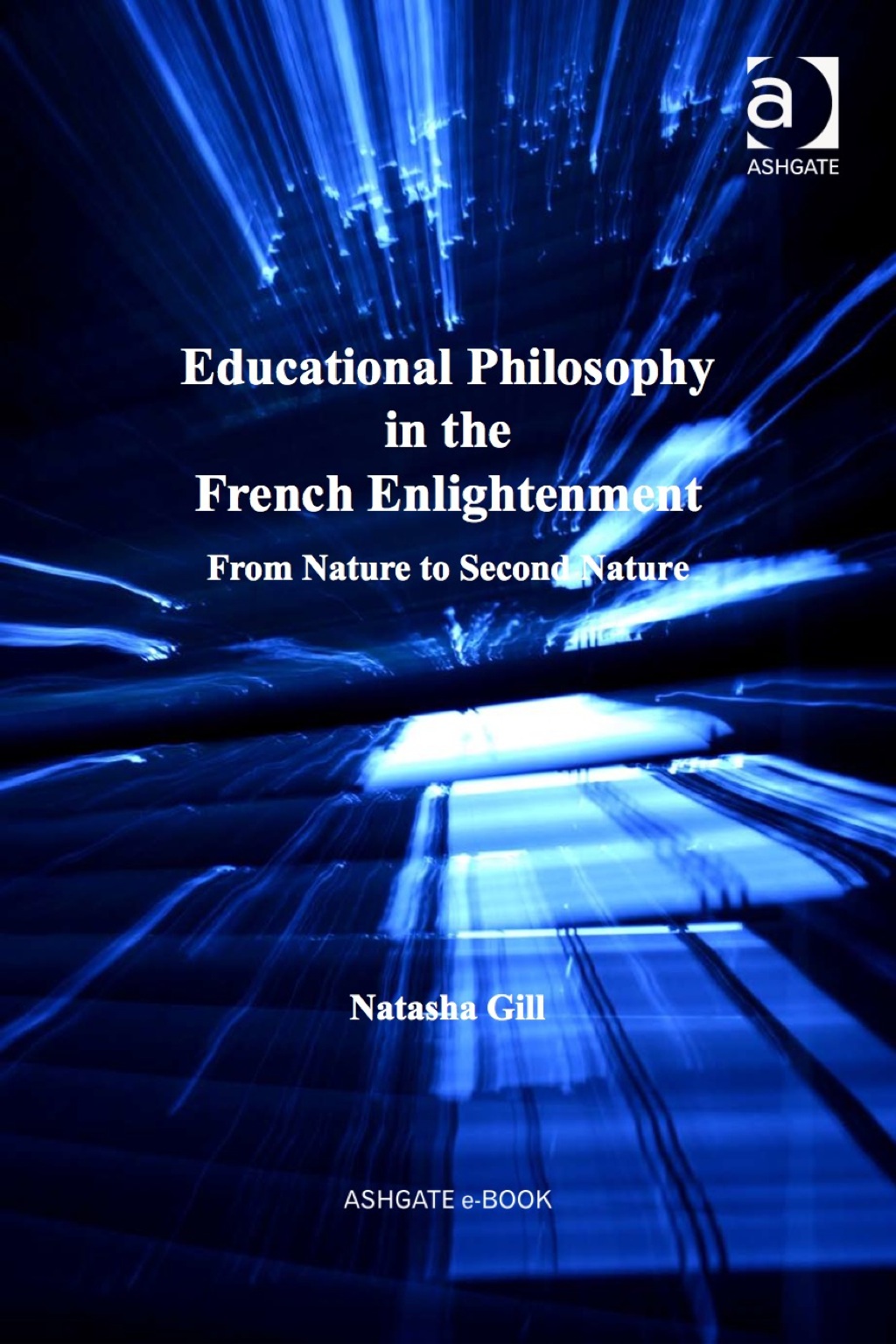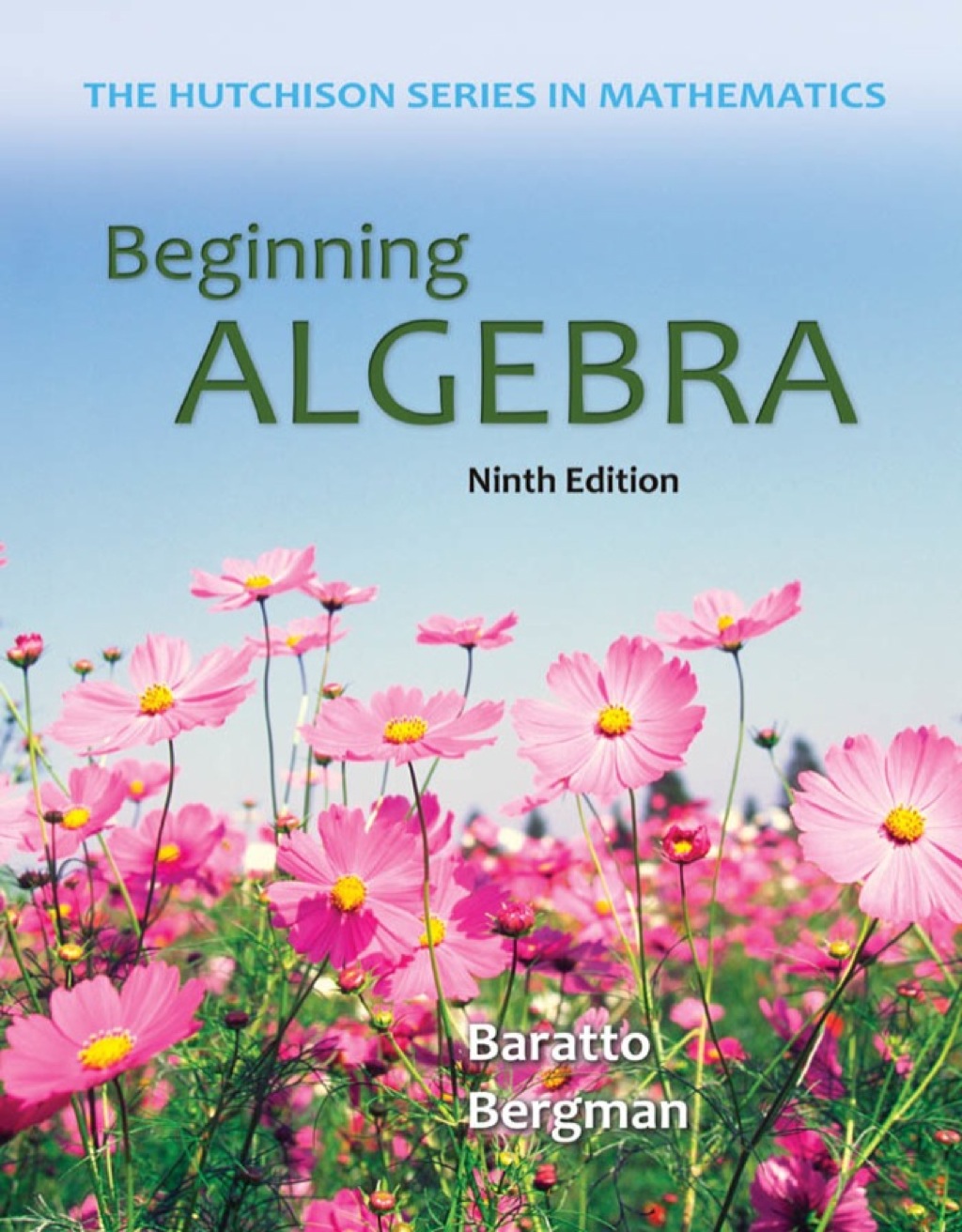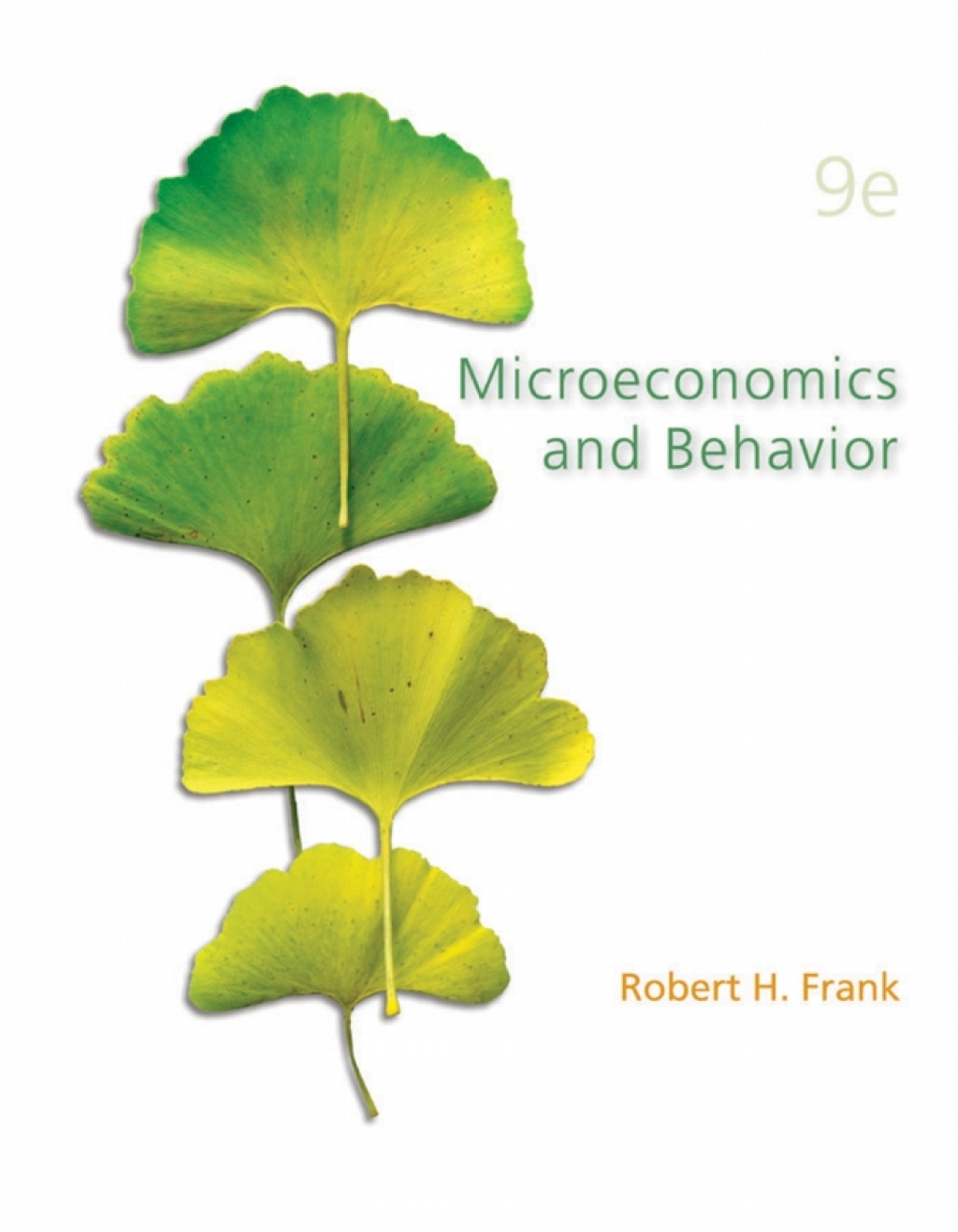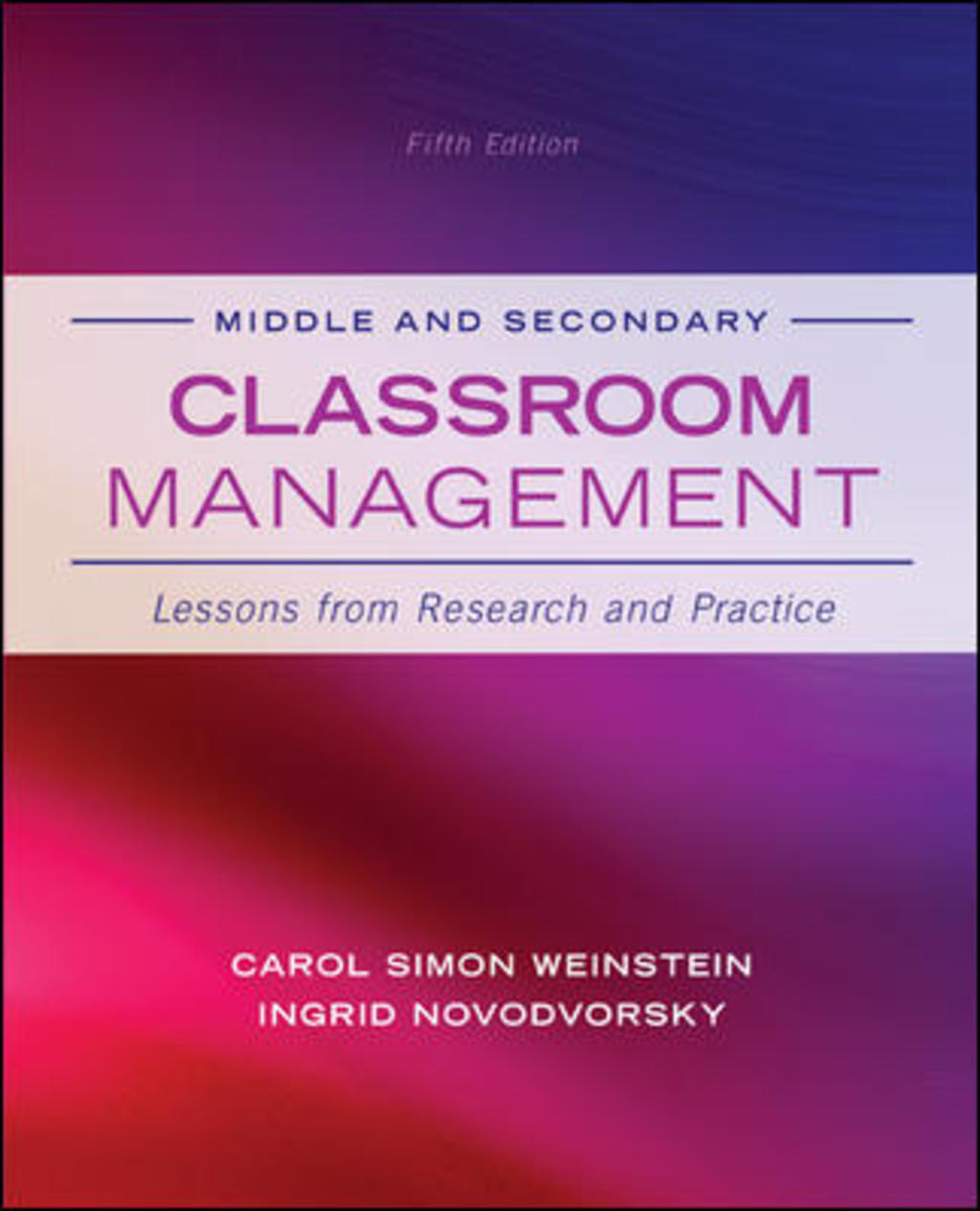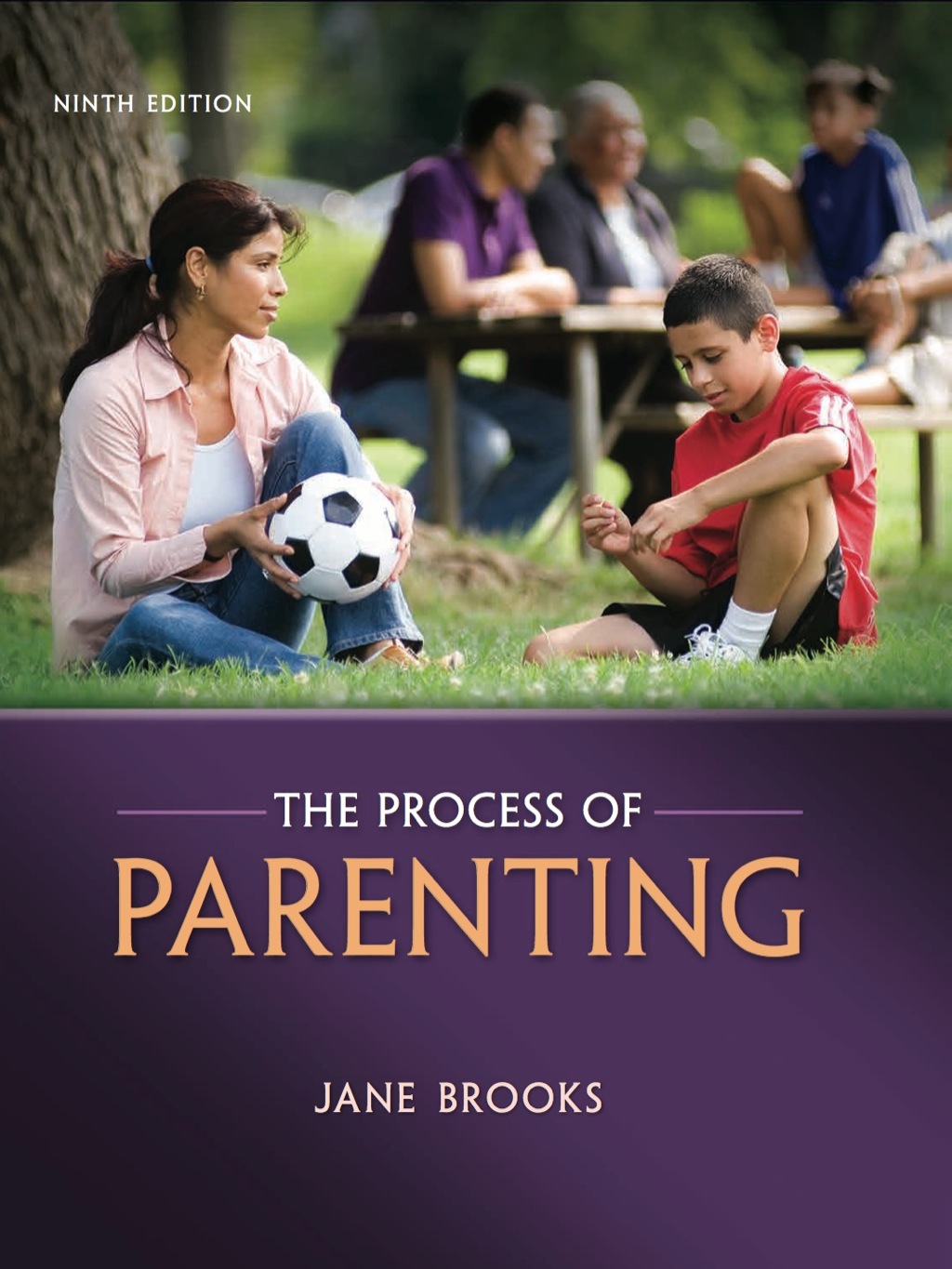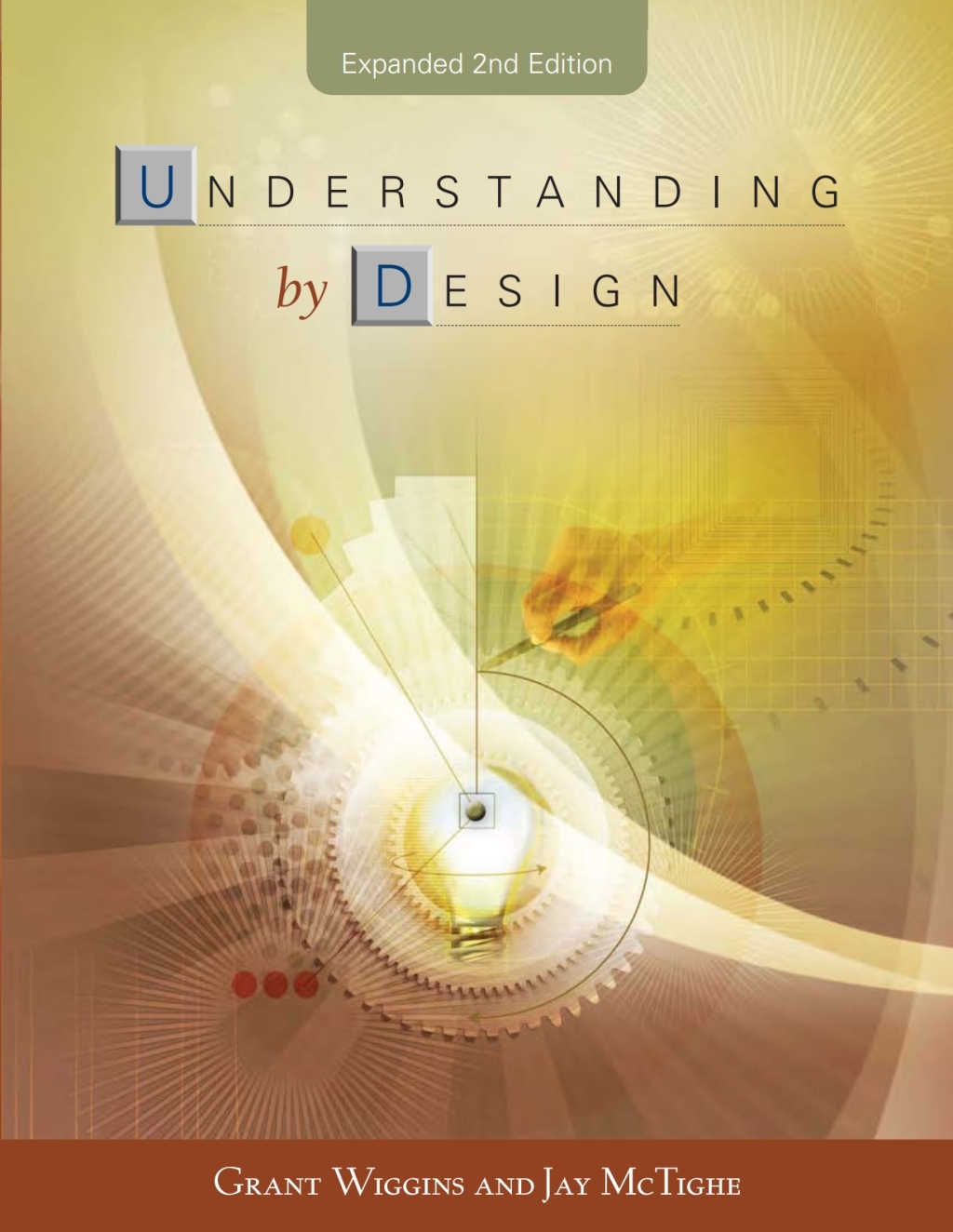Educational Philosophy in the French Enlightenment: From Nature to Second Nature
Author(s): Gill, Natasha, Dr
Publisher: Ashgate
ISBN: 9780754662891
Edition:
$39,99
Delivery: This can be downloaded Immediately after purchasing.
Version: Only PDF Version.
Compatible Devices: Can be read on any device (Kindle, NOOK, Android/IOS devices, Windows, MAC)
Quality: High Quality. No missing contents. Printable
Recommended Software: Check here
Important: No Access Code
Description
Description
Though Emile is still considered the central pedagogical text of the French Enlightenment, a myriad of lesser-known thinkers paved the way for Rousseau’s masterpiece. Natasha Gill traces the arc of these thinkers as they sought to reveal the correlation between early childhood experiences and the success or failure of social and political relations, and set the terms for the modern debate about the influence of nature and nurture in individual growth and collective life.
Gill offers a comprehensive analysis of the rich cross-fertilization between educational and philosophical thought in the French Enlightenment. She begins by showing how in Some Thoughts Concerning Education John Locke set the stage for the French debate by transposing key themes from his philosophy into an educational context. Her treatment of the abb



